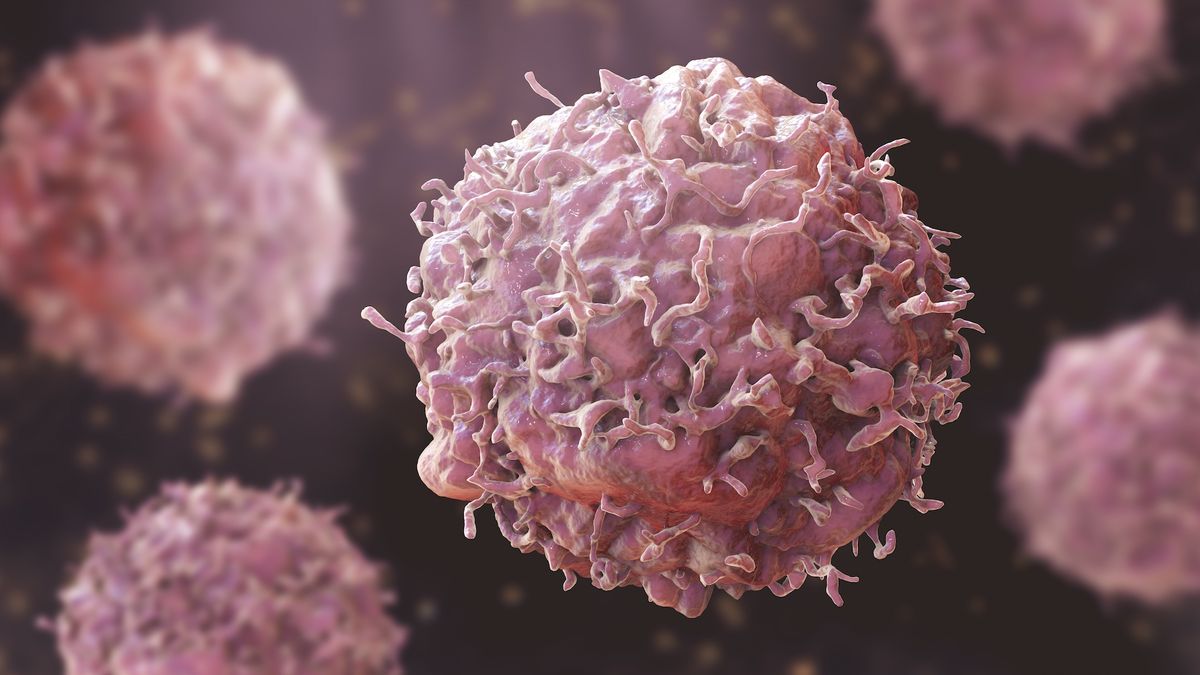When Cells Go Rogue: Unraveling the Mystery Behind Cancer's Deadly Growth

Understanding Cancer: When Cells Go Rogue
Cancer is a complex and challenging disease characterized by the uncontrolled growth of abnormal cells that can devastate healthy body tissues. Unlike normal cells that grow, divide, and die in a regulated manner, cancer cells develop the ability to multiply rapidly and invade surrounding tissues, disrupting the body's natural balance.
At its core, cancer begins when genetic mutations cause cells to lose their normal regulatory mechanisms. These renegade cells ignore the body's signals to stop growing and start to reproduce uncontrollably, forming tumors that can spread to other parts of the body through a process called metastasis.
Each type of cancer is unique, with different causes, progression rates, and potential treatments. Some are influenced by genetic factors, while others can be triggered by environmental exposures, lifestyle choices, or viral infections. Early detection and understanding of these cellular rebellions are crucial in developing effective strategies for prevention and treatment.
Modern medical research continues to make significant strides in understanding cancer's complex mechanisms, offering hope for more targeted and personalized approaches to fighting this challenging disease.
